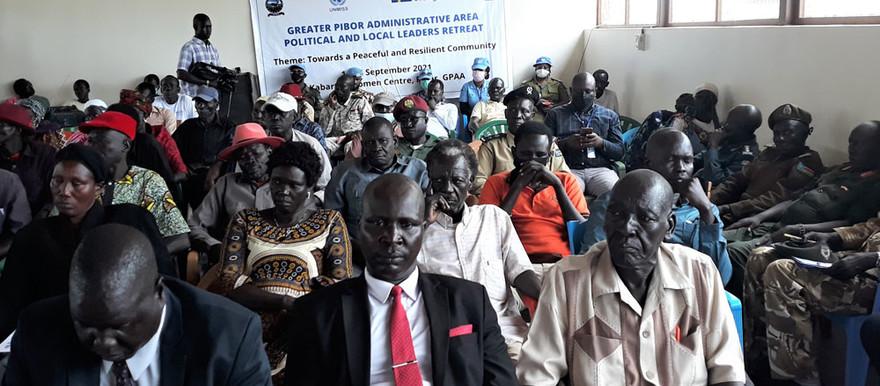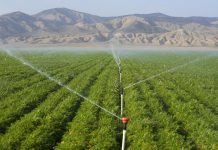Africa-Press – South-Sudan. Politicians and traditional leaders from the Greater Pibor Administrative Area (GPAA) have vowed to restore peace among the communities and their neighbors amidst reports of recurring cyclic communal violence.
The commitment was made at the end of a three-day leaders retreat which concluded in GPAA capital, Pibor town Thursday afternoon.
“Cattle raids, road ambushes, age groups fighting are the major problems in our area. So the conference explored how we could bring an end to all those forms of violence, including rampant child rights abuse in the form of girl child booking and early marriage, “Korok Nyang, a Pibor youth leader, told Radio Tamazuj on Thursday.
The leadership retreat resolutions include among others forceful disarmament in Greater Jonglei, the establishment of courts, prosecution of cattle raiders, and an end to endemic child marriage.
Jay Adingora, the GPAA information minister, said: “The reason for all this violence in our region is that the local population is more armed than the military and the police. So, our conference called for the establishment of buffer zones between the tribes of Greater Jonglei and a forceful disarmament exercise to be carried out on all the communities.”
For his part, Lokali Amae Bullen, the GPAA chief administrator, expressed optimism that the leadership retreat will restore peace to the troubled Jonglei region.
“As politicians, we are the drivers of all these cattle-related incidents among our communities. And so, for us to succeed in restoring peace and stability, all politicians must get involved. For us in Greater Pibor, we are united and hope this will bring peace,” he said.
The chief administrator also called on his counterparts from the neighboring states to follow suit, emphasizing that peace requires a joint commitment.
The event organized by the GPAA with the support of the United Nations Mission in South Sudan (UNMISS) and United Nations Development Programme (UNDP) brought together about 90 participants, including politicians, traditional chiefs, women, and youth representatives.
all news






